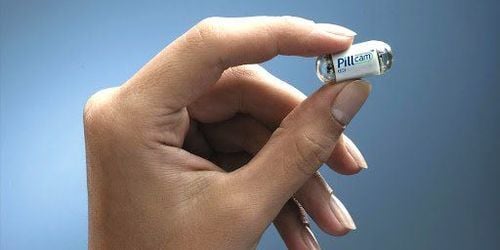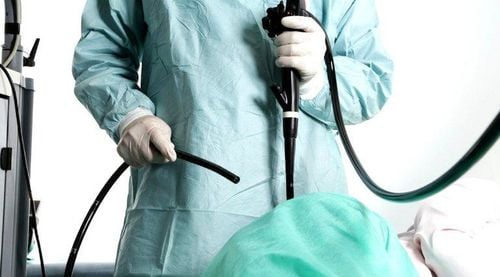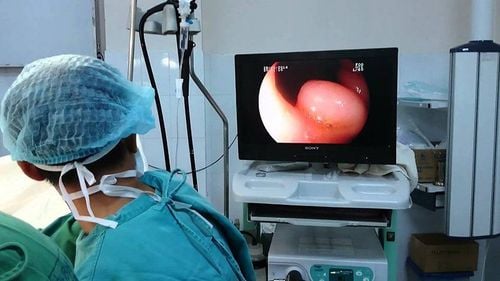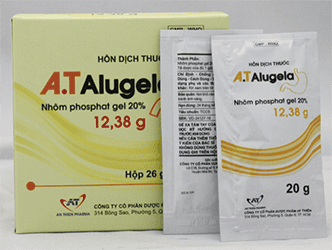This is an automatically translated article.
Posted by Doctor Mai Vien Phuong - Department of Examination & Internal Medicine - Vinmec Central Park International Hospital
Laparoscopic balloon dilatation of small bowel strictures has an overall technical success rate of 72% to 100%, and a clinical success rate greater than 60%, although a defined criterion is not yet available. standards for both of these short-term outcomes.
1.Indications for small bowel endoscopy
Regarding the use of device-assisted small bowel endoscopy for diagnostic purposes in adult patients, recent European Gastroenterology guidelines recommend its use for:
(1) Patients with internal Gastroscopy and colonoscopy are normal and Crohn's disease is suspected on MRI or capsule endoscopy, if necessary to confirm the diagnosis by endoscopy and histology;
(2) The patient needs endoscopic intervention to dilate the small bowel stricture.
According to studies, the diagnostic results of device-assisted small bowel endoscopy in adult patients with suspected Crohn's disease and known Crohn's disease are 27%-79% and 53%-87%, respectively. and higher if indicated for device-assisted small bowel endoscopy based on previous small-bowel evaluation that can identify suspected lesions and guide the selection of an anterior oro-orbital approach. anterior anal canal. Meanwhile, the diagnostic effectiveness of device-assisted small bowel endoscopy is strongly reduced when indicated based on non-specific abdominal symptoms alone. Similarly, agreement rates between imaging findings and device-assisted small bowel endoscopy were higher in patients with diagnosed Crohn's disease than in patients with suspected Crohn's disease (75.6% vs. 36.4%). In published studies, a significant impact of assistive small bowel endoscopy on patient management, ranging from 17% to 82%, was reported with persistent clinical improvement. persistence reached 83% after a mean follow-up of 13 months in Mensink et al.'s study.

2.The role of small bowel endoscopy in the treatment of small bowel stenosis due to enteritis
Laparoscopic balloon dilatation of small bowel strictures has an overall technical success rate of 72% to 100%, and a clinical success rate greater than 60%, although a defined criterion is not yet available. standards for both of these short-term outcomes.
Most studies evaluate clinical success based on patient-reported obstructive symptoms, often comparing clinical improvement before and after dilation.
The most commonly used definition of technical success is an opportunity to obtain a balloon catheter in the stricture and then insert the endoscope through the stricture. The studies reviewed in this review showed that the mean dilatation diameter varied from 12.4 to 17 mm, with a maximum of 20 mm, and that achieving a larger dilatation diameter appeared to be associated with improvement. better short-term clinical. Recurrence of obstructive symptoms after dilation has been variable reported (14% to 78.5% of adult subjects) over a time period considered in most cases to be very brief (less than fifteen months). ).
However, in two studies, the mean duration of observation period after initial endoscopic balloon dilation was greater than three years. They showed the highest recurrence rates of obstructive symptoms (48% and 78.5%, respectively) but most patients underwent successful recanalization with a cumulatively high nonoperative rate ( over 78% after three years). Although balloon dilation for Crohn's disease is effective in the short term, the high rate of recurrence must be taken into account with the potential for repeat endoscopic and/or surgical procedures.
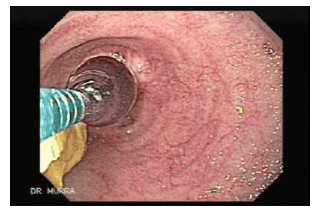
3. When is balloon dilation, when is surgery to treat small bowel stricture due to inflammation?
According to the authors, no multicenter studies comparing surgery and balloon angioplasty have been conducted. As suggested by the experts, either endoscopic balloon dilation or surgery are appropriate treatment options for patients with a narrow terminal (<5 cm) terminal ileum in Crohn's disease, and the Treatment options depend on local expertise and patient preference (very low quality of evidence).
In general, an assistive small bowel endoscopy is a relatively safe procedure if it is performed in the hands of a specialist. However, the need for deep sedation in the presence of an anesthesiologist, which may require a two-way approach, and the high complication rate that this technique is not widely available. Furthermore, in children with Crohn's disease EBD, it may delay or avoid invasive surgery to dilate the strictures and potentially positively influence the natural history of chronic disease, which is more important at the time of treatment. childhood.
4.Conclusion
Small bowel endoscopy appears to be a promising technique, especially in patients with suspected small bowel Crohn's disease alone and inconclusive results from routine diagnostic tests (including colonoscopy). ileostomy and imaging studies such as CT Scan or abdominal MRI) where histological diagnosis will change the management of the patient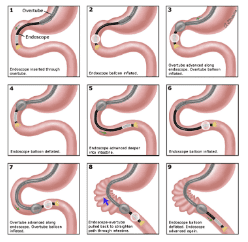
Furthermore, assistive small bowel endoscopy may have multiple roles for patients with known Crohn's disease, in terms of modifying medical therapy for deeper and longer-lasting clinical improvement. , while simultaneously diagnosing and treating complications of bleeding and determining the exact location of the lesion to enable targeted surgical intervention. As mucosal healing is increasingly the goal of Crohn's disease therapy, dual-balloon enteroscopy may have a role in assessing future response to therapy in certain circumstances. . More standardized and broader studies are needed to confirm these evidences.
Vinmec International General Hospital is a high-quality medical facility in Vietnam with a team of highly qualified medical professionals, well-trained, domestic and foreign, and experienced.
A system of modern and advanced medical equipment, possessing many of the best machines in the world, helping to detect many difficult and dangerous diseases in a short time, supporting the diagnosis and treatment of doctors the most effective. The hospital space is designed according to 5-star hotel standards, giving patients comfort, friendliness and peace of mind.
>> See more: Efficacy of small bowel endoscopy in the management and treatment of inflammatory bowel disease - Article by Doctor Mai Vien Phuong - Department of Examination & Internal Medicine - Vinmec Central Park International Hospital
Please dial HOTLINE for more information or register for an appointment HERE. Download MyVinmec app to make appointments faster and to manage your bookings easily.





